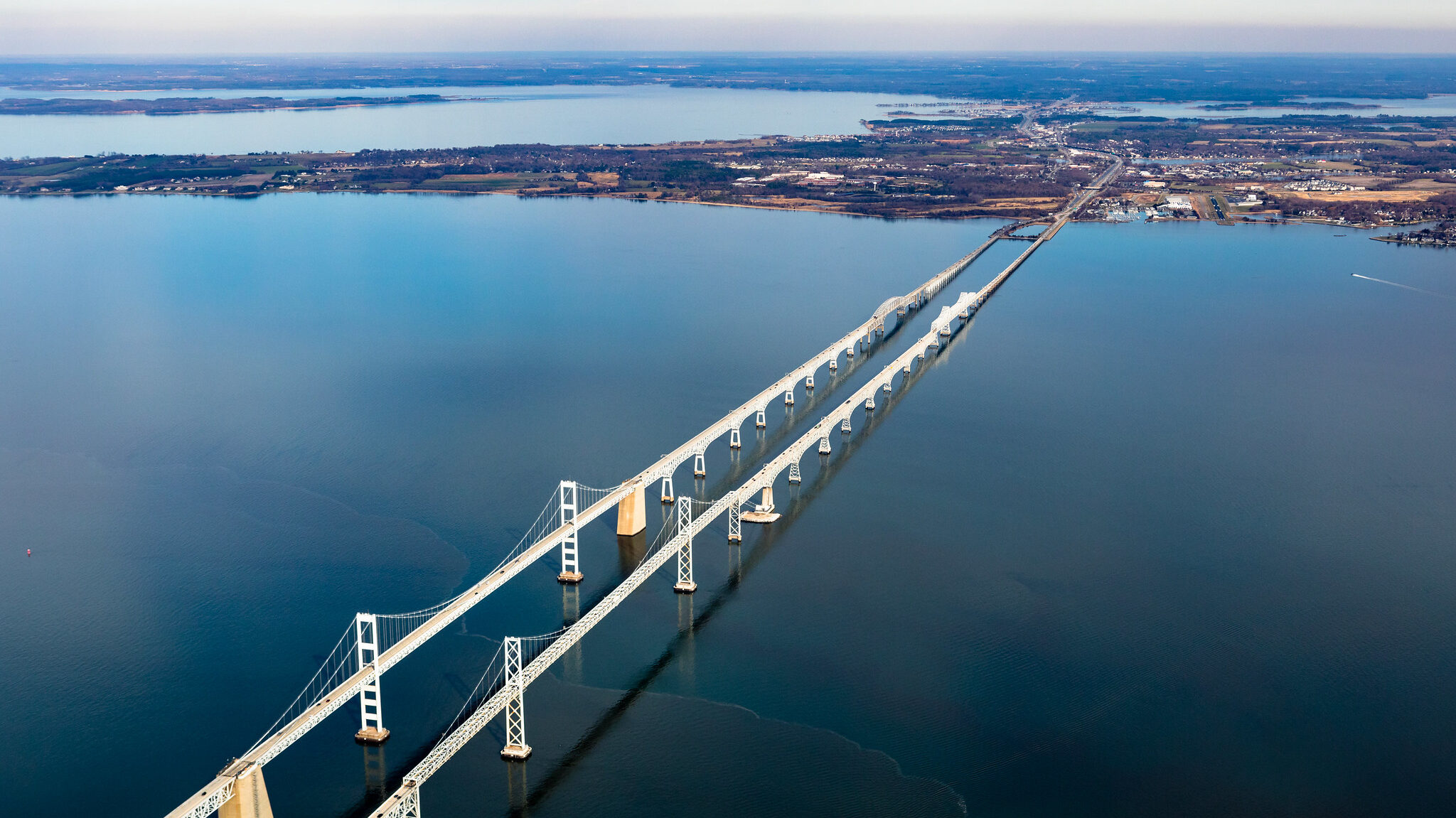
Rockville is part of the Chesapeake Bay watershed. Actions we take in our own backyards can have a significant impact on the health, habitat and wildlife of local waterways, and eventually the Chesapeake Bay.
Help Rockville celebrate Chesapeake Bay Awareness Week, from Saturday, June 3-Sunday, June 11, by sharing, with friends and family, these actions to help protect local water resources, the Potomac River and the Chesapeake Bay:
Reduce pesticide and fertilizer use. Or better yet, don’t fertilize at all if it isn’t necessary! Never fertilize or use pesticides if rain is forecast within 24 hours. Fertilizers and pesticides can end up in streams and harm aquatic life — and most synthetic pesticides are prohibited in Rockville. Learn more and find organic lawn care tips at www.rockvillemd.gov/pesticideban.
Reduce impervious surfaces to reduce polluting runoff, plant a native tree to absorb harmful nutrients and prevent erosion, and landscape with plants native to the bay. Learn how to get rebates for taking these actions at www.rockvillemd.gov/rainscapes.
Pick up after your pet. Rain washes pet waste left on the ground into storm drains or streams. Please place bagged waste in a trash can.
Keep our city litter free. Litter often ends up in local streams and eventually the Chesapeake Bay. Don’t overflow your outdoor trash cart. Keep the lid closed securely and put trash out shortly before pickup, especially on windy days. Adopt a stream to keep clean at www.rockvillemd.gov/adopt-a-stream, or take the Plogging Pledge at www.rockvillemd.gov/environment.
Visit Croydon Creek Nature Center for exhibits, camps, events and programs year-round, and for all ages, to learn about and get involved in taking care of streams and reducing water pollution. Learn more at www.rockvillemd.gov/croydoncreek.
Report illicit or illegal discharges from improper disposal, spills, land-disturbing activities or other potential stormwater pollution, or, if you suspect a problem from water that is an unusual color, is cloudy, and/or has a strong smell. Call the Pollution Hotline at 240-314-8348.